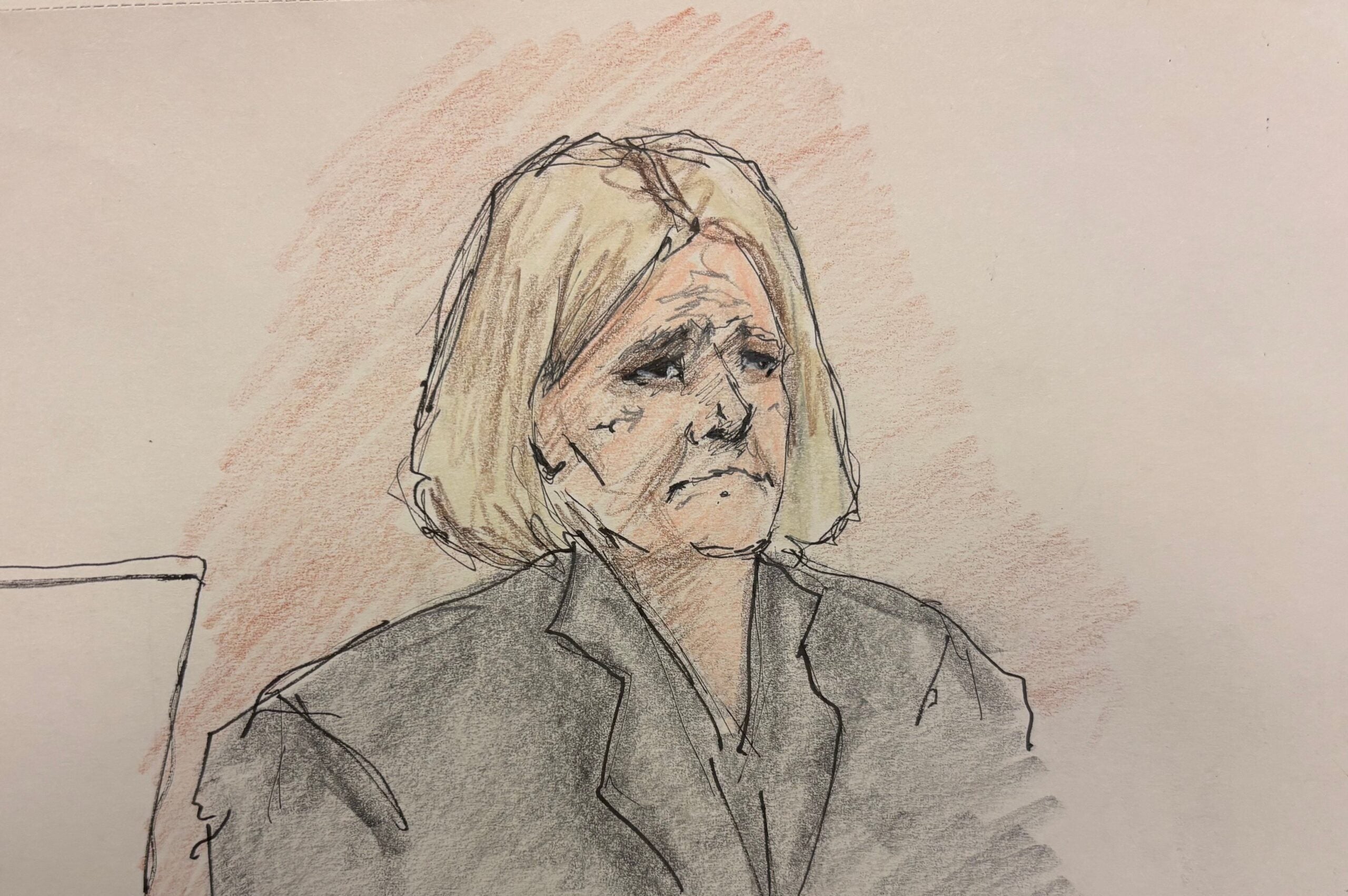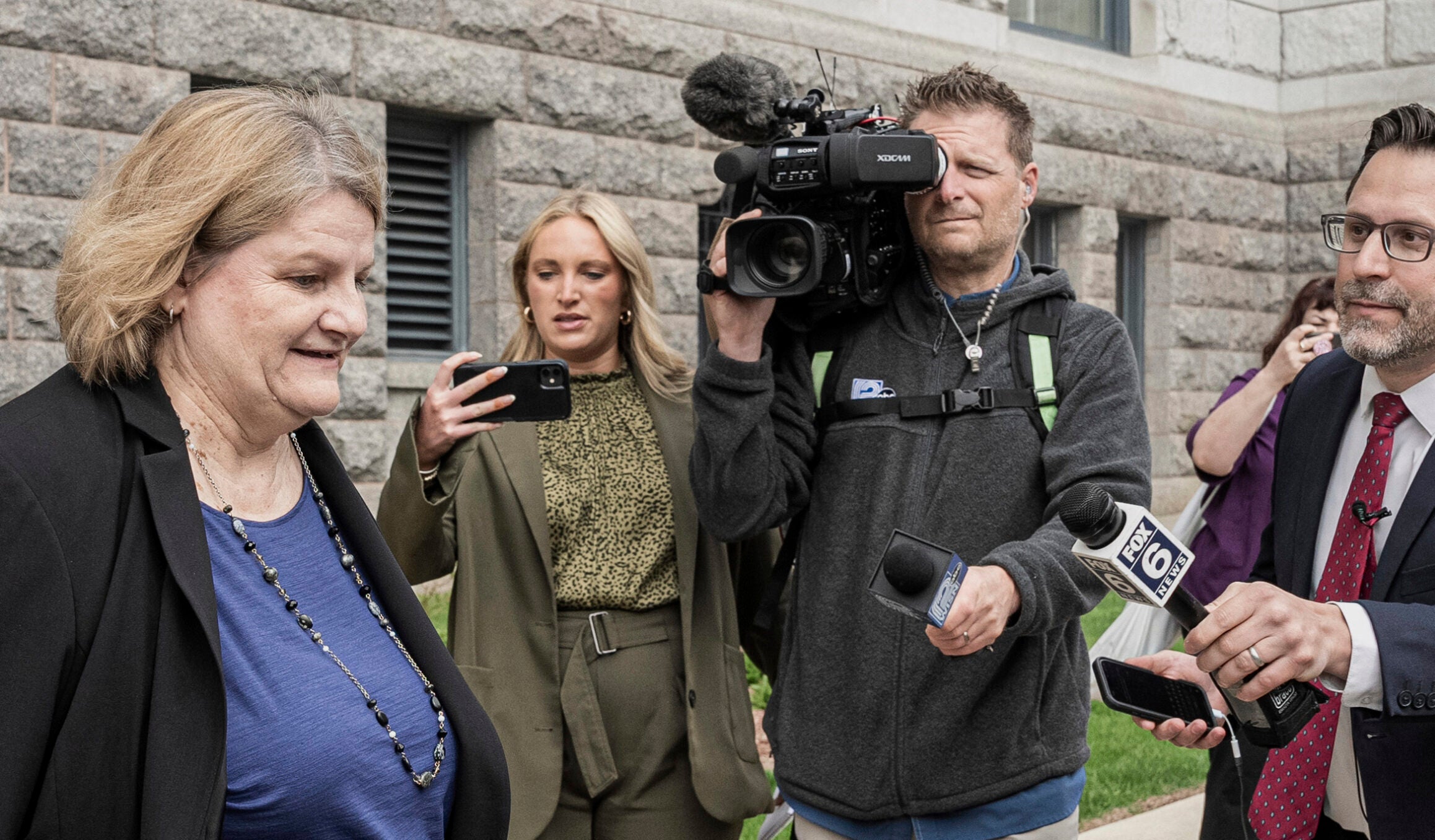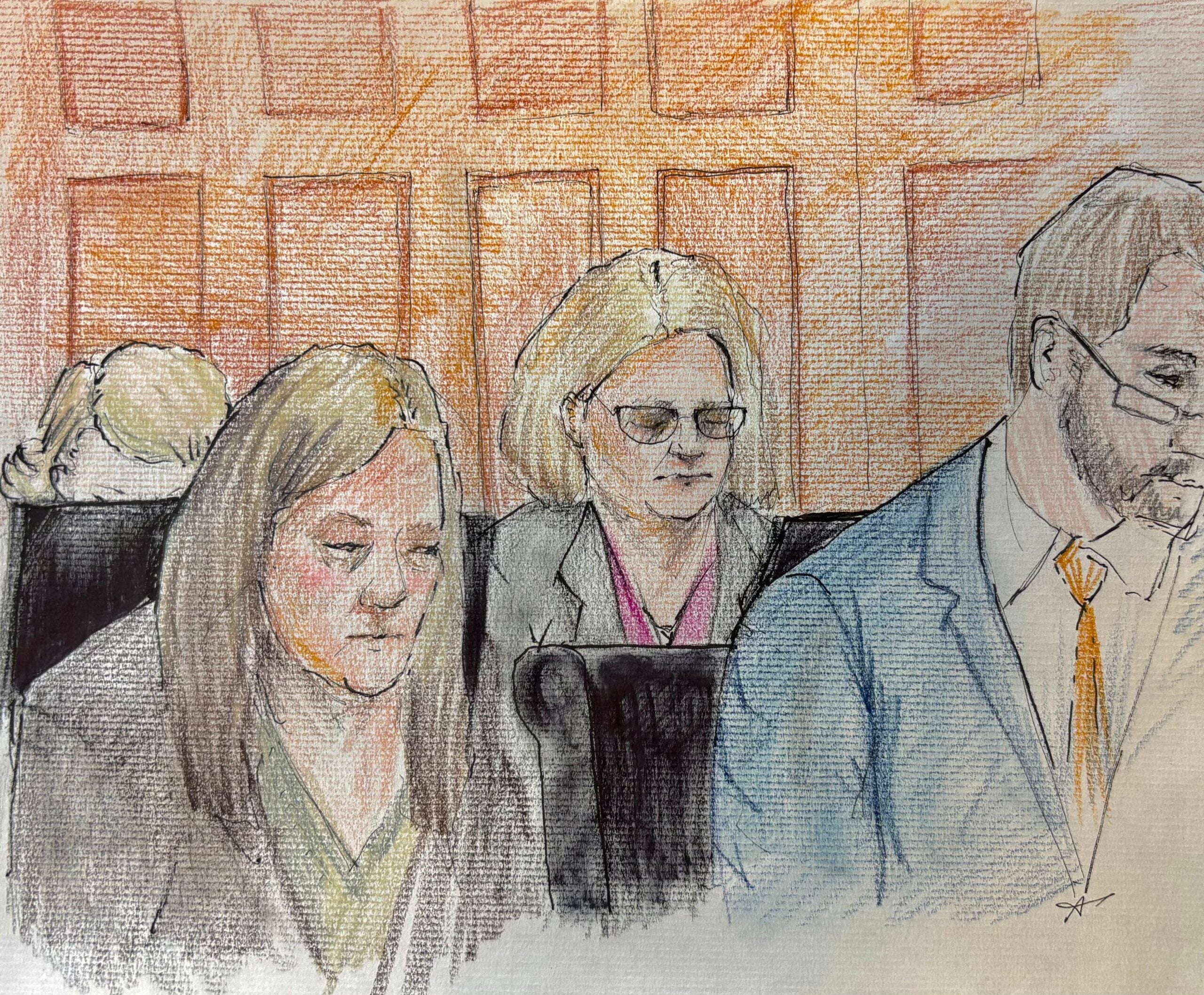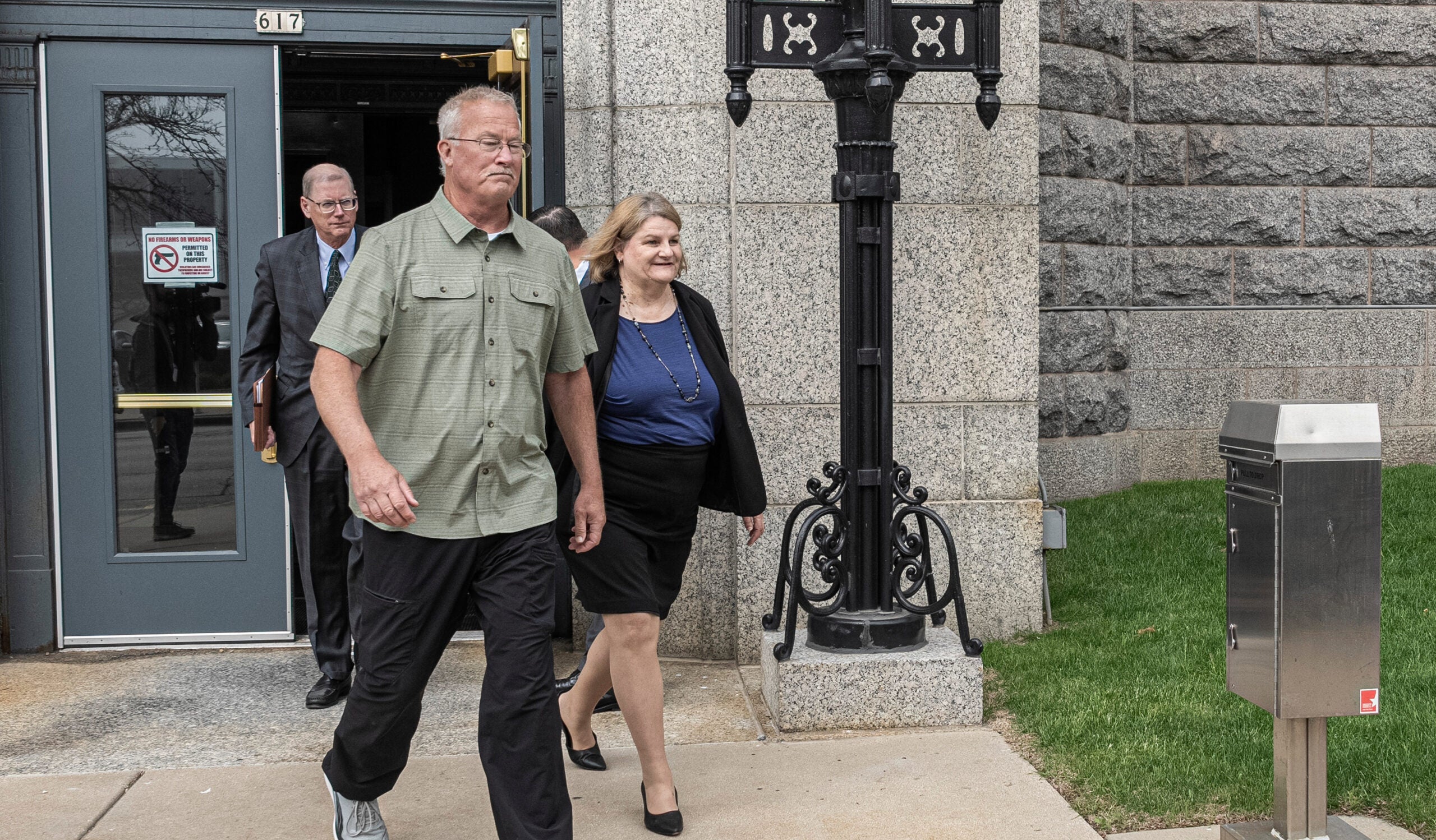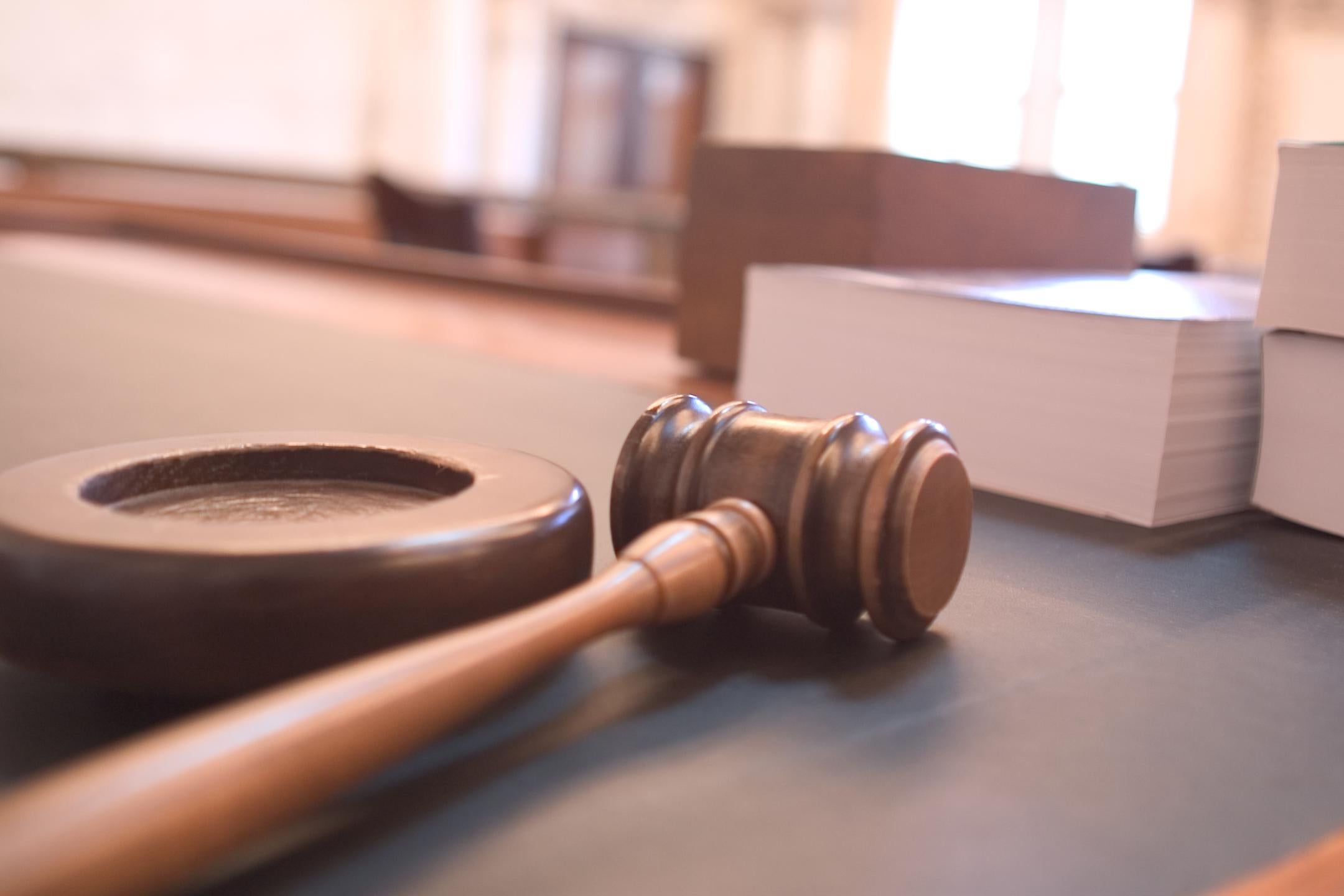Sentencing for a 16-year-old boy convicted of sexually assaulting a male classmate in a bathroom at a Kenosha high school earlier this year has been delayed to give the defense time to build a case for a new trial.
Several jurors have said in courts filings that they felt unduly pressured or “bullied” into agreeing with the majority to convict the teen at his August trial. But a former state Supreme Court justice says state law precludes consideration of after-the-fact jury regrets and admissions.
Kenosha County Circuit Court Judge Jerad Dougvillo approved the delay after a hearing last week. The hearing was called after Dougvillo received a note from a juror in the case saying said she was “bullied” by other jurors into convicting the 16-year-old boy of second degree sexual assault.
News with a little more humanity
WPR’s “Wisconsin Today” newsletter keeps you connected to the state you love without feeling overwhelmed. No paywall. No agenda. No corporate filter.
“I fought for so long—as long as I could—and honestly wished I (had) fought harder,” the juror wrote wrote. “Perhaps there is nothing to be done now but I would never be able to forgive myself if I didn’t try at least.”
The teen, who was charged as an adult, faces up to 40 years in prison.
Convictions by jury in criminal cases require a unanimous decision.
In a second letter, a woman said serving on the jury was one of the most difficult things she has ever done. She asked him to treat the defendant fairly in light of his youth and the lack of strong evidence.
Two other jurors have since stepped forward, including one who raised the possibility that some jurors were prejudiced against the defendant, who is Black. The alleged victim is a recent Columbian immigrant.
“I couldn’t help but believe that some of the jurors that thought (the defendant) was guilty based this opinion on racism or other biases,” she wrote in an affidavit.
The woman said the deliberations “reached a point of hostility and were stressful throughout.”
At the conclusion of a trial, jurors can be polled in open court to confirm each juror’s verdict. In the teen’s case, the woman said she felt intimidated into responding affirmatively.
“When polled I was fearful that if I said ‘no’ I would be blamed because we couldn’t go home,” she said.
In addition, the prosecution turned over to the court an anonymous statement from a juror in which the individual cited undue pressure and regrets over the decision to convict. The statement was in response to a standard jury questionnaire that the district attorney’s office sends out after every trial. It wasn’t clear whether the response came from one of the four previously mentioned jurors.
Dougvillo gave defense attorney Michael Barth until Friday to file affidavits and a motion asking for a new trial.
The filed affidavits included references to a juror who locked herself in a bathroom during jury deliberations to avoid participating in the hot debate.
However, state law and previous appellate court rulings preclude circuit court judge from considering such statements from jurors, said Marquette University law professor and former state Supreme Court Justice Janine Geske.
“What is said in that jury room in convincing each other, potentially pressuring each other, arguing with each other, yelling at each other — all of those things can happen in a jury room — the appellate courts and the legislature have said we’re not going to look at that because then every verdict could be subject to attack,” Geske told WGTD News. Exceptions include references to inappropriate outside influences, she said.
The victim in the case reported he was sexually assaulted in a bathroom at Indian Trail High School and Academy in January.
An examination of the police report in the case shows that the victim changed his story numerous times. Several jurors contacted by WGTD said the majority counteracted the weak evidence by placing greater weight on powerful testimony from the victim and his father.
Other credibility issues surfaced, including reports that the victim briefly recanted the allegations. Under cross-examination during the trial, the boy admitted to hearing “voices.”
In reporting the incident, the boy initially said the assault occurred on a day when students were not in school. He then changed his story. He also initially said it took place in an unlocked stall in the bathroom, then said the door was locked and the assailant had crawled underneath.
Defense attorney Barth told WGTD that he believed he had presented a strong case that included references to the credibility issues. He said he was surprised by the guilty verdict.
Deliberations last August took almost as long as the trial itself. One juror suffered a panic attack. When the jury returned to Dougvillo’s court to announce the verdict, several were in tears.
Speaking to reporters after last week’s hearing, the 16-year-old defendant’s mother, Jennifer Jones, was somewhat encouraged by the developments.
“It sounds like progress but I’m not satisfied,” she said. “I feel like (the verdict) should’ve been overturned. My son is innocent. He didn’t do this.”
The teen has been in custody since his arrest last spring.
Wisconsin Public Radio, © Copyright 2025, Board of Regents of the University of Wisconsin System and Wisconsin Educational Communications Board.



